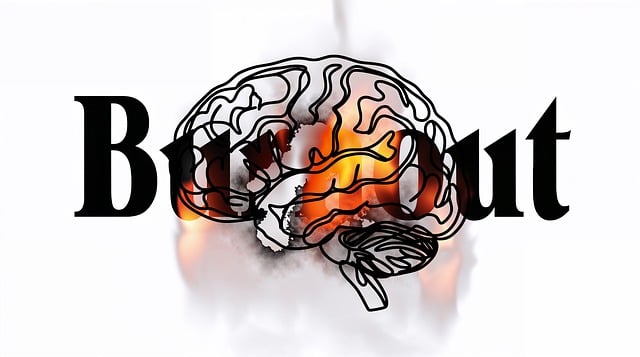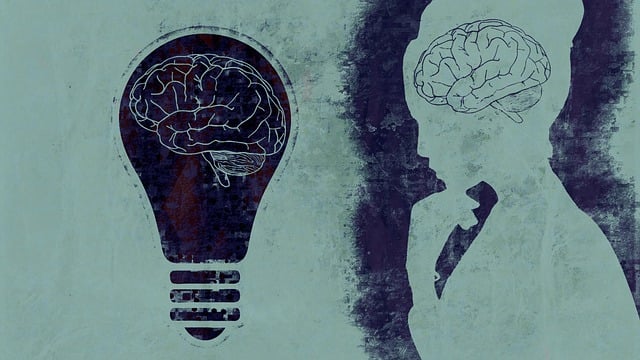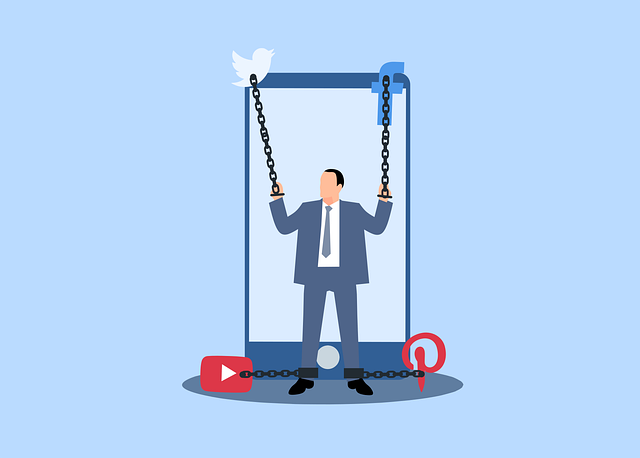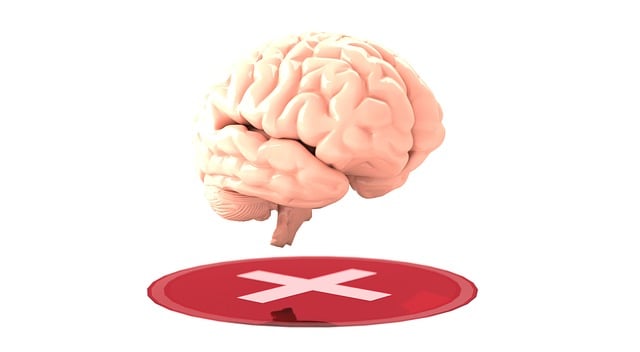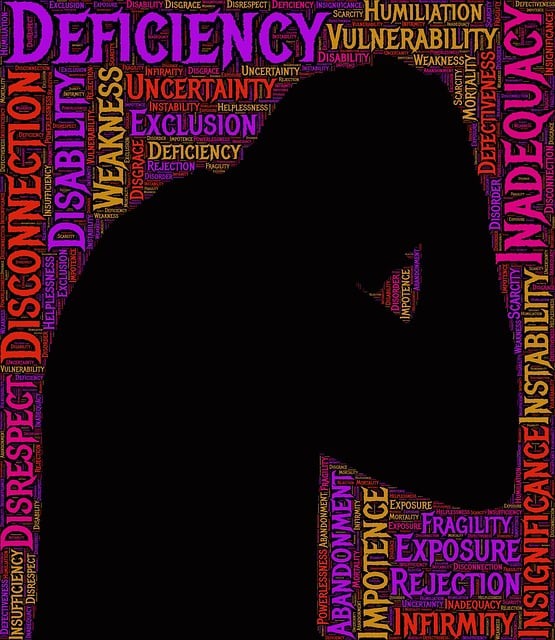Denver's innovative approach to mental wellness combines Cognitive Processing Therapy (CPT) with mindfulness meditation workshops, offering practical tools for managing stress. CPT helps individuals identify and change negative thought patterns, reducing stigma and boosting self-esteem. Workshops create safe spaces for discussion, teaching coping strategies and fostering resilience through a holistic, evidence-based method. By integrating techniques like journaling and conflict resolution, these initiatives empower residents to navigate life's pressures with enhanced emotional control and adaptability.
Stress management workshops are an effective way to empower individuals and organizations. This comprehensive guide explores various aspects of stress, from its unveiling impact and causes to evidence-based approaches like Denver Cognitive Processing Therapy (DCPT). We delve into designing engaging workshops, implementing strategies for lasting change, and evaluating success. By the end, you’ll be equipped with practical insights to facilitate meaningful transformation through DCPT-inspired programs.
- Understanding Stress: Unveiling the Impact and Causes
- Denver Cognitive Processing Therapy (DCPT): A Comprehensive Approach
- Designing Effective Stress Management Workshops
- Implementing and Evaluating Workshop Strategies for Lasting Change
Understanding Stress: Unveiling the Impact and Causes

Stress is a pervasive aspect of modern life, impacting individuals across various demographics and walks of life. Understanding its multifaceted nature requires delving into both its causes and effects. In Denver, cognitive processing therapy (CPT) has emerged as an effective approach to unraveling these complexities. CPT helps participants identify and challenge negative thought patterns, thereby enhancing their ability to manage stress effectively. By addressing underlying issues, this therapy facilitates self-esteem improvement, a critical component in reducing the stigma surrounding mental illness.
Beyond therapy sessions, mindfulness meditation plays a pivotal role in stress management. This ancient practice encourages individuals to focus on the present moment, cultivating calm and clarity amidst stressors. In today’s fast-paced world, where hustle and bustle often leave folks feeling overwhelmed, Denver residents now have access to workshops that integrate CPT and mindfulness meditation. These initiatives contribute significantly to mental wellness efforts, equipping individuals with practical tools to navigate life’s challenges more smoothly.
Denver Cognitive Processing Therapy (DCPT): A Comprehensive Approach

Denver Cognitive Processing Therapy (DCPT) offers a comprehensive approach to stress management workshops, focusing on empowering individuals with effective tools for emotional well-being. This therapy goes beyond surface-level coping mechanisms by delving into cognitive restructuring, where participants learn to identify and challenge negative thought patterns. By fostering empathy building strategies, DCPT encourages individuals to understand their emotions, leading to improved emotional regulation and enhanced problem-solving skills.
The workshops utilize interactive exercises and group discussions to teach confidence boosting techniques tailored to each participant’s needs. This supportive environment promotes active engagement and encourages the sharing of personal experiences, fostering a sense of community. Through DCPT, individuals gain valuable insights into their cognitive processes, enabling them to navigate stress-inducing situations with greater resilience and adaptability.
Designing Effective Stress Management Workshops

Designing effective stress management workshops involves a multi-faceted approach that caters to both the mind and body. In Denver, Cognitive Processing Therapy (CPT) techniques can be integrated into these sessions to help participants understand and manage their stress responses more effectively. By combining CPT with self-care practices such as emotional well-being promotion techniques and mental wellness journaling exercises, workshops become powerful tools for personal growth.
Workshop facilitators should focus on creating a safe and supportive environment where individuals can openly discuss their stressors and learn practical coping strategies. Emotional well-being promotion techniques, like mindfulness exercises or guided meditation, can help participants reduce anxiety and cultivate a sense of calm. Additionally, providing journaling exercise guidance allows attendees to reflect on their experiences and track their progress over time. These integrated methods not only enhance the overall effectiveness of the workshops but also encourage sustainable self-care practices that contribute to long-term mental wellness.
Implementing and Evaluating Workshop Strategies for Lasting Change

Effective stress management workshops should aim for lasting change beyond the duration of the session. To achieve this, facilitators can employ strategies like Denver Cognitive Processing Therapy (DCPT), which focuses on reframing negative thought patterns and improving emotional regulation skills. By integrating DCPT techniques into workshop content, participants gain practical tools to navigate stressful situations adaptively.
Additionally, incorporating Conflict Resolution Techniques and fostering Cultural Sensitivity in Mental Healthcare Practice can enhance the impact of workshops. Encouraging open dialogue, active listening, and empathetic communication during group exercises allows participants to build resilience and strengthen relationships. Following the workshop, suggesting a Mental Wellness Journaling Exercise Guidance can reinforce learning, promote self-reflection, and track progress towards managing stress effectively over time.
Stress management workshops, armed with techniques like Denver Cognitive Processing Therapy (DCPT), offer a powerful tool for fostering resilience. By understanding stress’s impact and causes, and implementing effective strategies, organizations can create lasting change. Through structured designs, practical implementations, and thorough evaluations, these workshops empower individuals to navigate life’s challenges with enhanced mental well-being.




